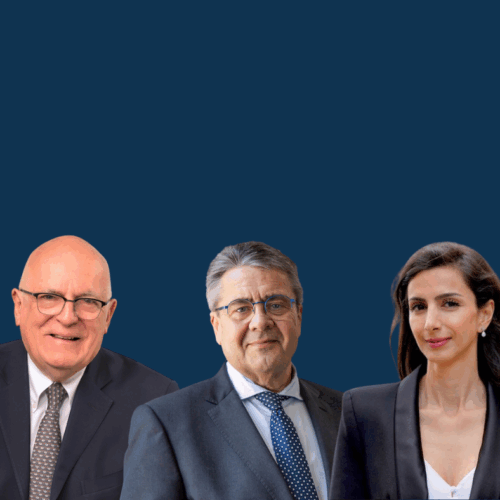
The Power of Intelligence: How Information Shapes Global Politics
Within a shifting global landscape, foreign intelligence services are coming into sharper focus – not only as instruments of national security, but also as influential actors in international politics. Their responsibilities include analyzing global trends and providing critical information for governments to make decisions with major consequences. Whether in response to authoritarian regimes, in the context of ongoing wars such as in Ukraine, or in the face of hybrid threats in cyberspace, the ability to gather and interpret reliable information has become a decisive strategic asset – and thus a foundation for political agency.
On April 4, nearly unnoticed by the wider public, Trump dismissed head of U.S. Cyber Command (CYBERCOM) and director of the National Security Agency (NSA), General Timothy Haugh. His position used to be seen as one of the most sensitive and powerful jobs in the US. So far, NSA and CYBERCOM oversee the world’s most sophisticated tools and techniques to penetrate computer systems, monitor communications around the globe, and, if national security requires it, attack those systems.
Together with Sir Richard Dearlove, former Chief of the British Secret Intelligence Service MI6, and our Chairman Sigmar Gabriel, former Foreign Minister & Former Vice Chancellor, we will discuss current geopolitical conflicts and threats as well as the role of foreign intelligence services in defending Western democracies. Are we witnessing a fundamental shift with regard to the priorities of Western intelligence services since the Cold War? What consequences might be ahead for us? To what extent do governments rely on intelligence? What role do intelligence agencies play in the cyber domain, especially in countering disinformation? The discussion will be moderated by our Board Member Anahita Thoms, Partner, Head of Germany’s International Trade Practice, Baker McKenzie.
We would like to thank the Warburg Family for hosting this event.
Um sich für diese Veranstaltung anzumelden, loggen Sie sich bitte ein.
Zum Login
